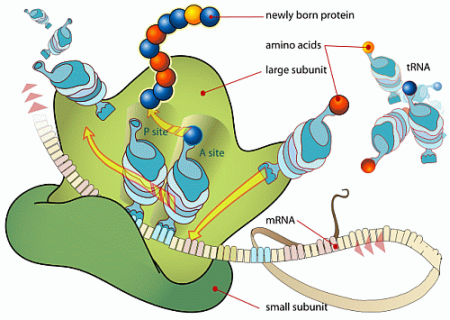(NB: ID Foundations Series, so far: 1, 2, 3.)
In a recent comment on the ID Foundations 3 discussion thread, occasional UD commenter LastYearOn [henceforth LYO], remarked:
Behe is implicitly assuming that natural processes cannot explain human technology. However natural processes do explain technology, by explaining humans. We may think of computers as somehow distinct from objects that formed from the direct result of natural process. And in important ways they are. But that doesn’t mean that they aren’t ultimately explainable naturally. Behe’s argument is therefore circular.
Think of it this way. In certain ways nature is prone to organization. From cells to multicellular organisms to humans. Computers are just the latest example.
In essence, LYO is arguing — yea, even, confidently assuming — that since nature has the capacity to spontaneously generate designers through evolutionary means, then technology and signs of design reduce to blind forces and circumstances of chance plus necessity in action. Thus, when we behold, say a ribosome in action —

Fig. A: The Ribosome in action in protein translation, assembling (and then completing) a protein step by step [= algorithmically] based on the sequence of three-letter codons in the mRNA tape and using tRNA’s as amino acid “taxis” and position-arm tool-tips, implementing a key part of a von Neumann-type self replicator . (Courtesy, Wikipedia.)
___________________
. . . we should not think, digitally coded, step by step algorithmic process, so on signs of design, design. Instead, LYO and other evolutionary materialists argue that we should think: here is an example of the power of undirected chance plus necessity to spontaneously create a complex functional entity that is the basis for designers as we observe them, humans.
So, on the evolutionary materialistic view, the triad of explanatory causes, necessity, chance, art, collapses into the first two. Thus, signs of design such as specified complexity and associated highly specific functional organisation — including that functional organisation that happens to be irreducibly complex — reduce to being evidences of the power of chance and necessity in action!
Voila, design is finished as an explanation of origins!
But is this assumption or assertion credible?
No . . . it fallaciously begs the question of the underlying power of chance plus necessity, thus setting up the significance of the issue of specified complexity as an empirically reliable sign of design. No great surprise there. But, the issue also opens the door to a foundational understanding of the other hotly contested core ID concept, specified complexity.
Read More ›

